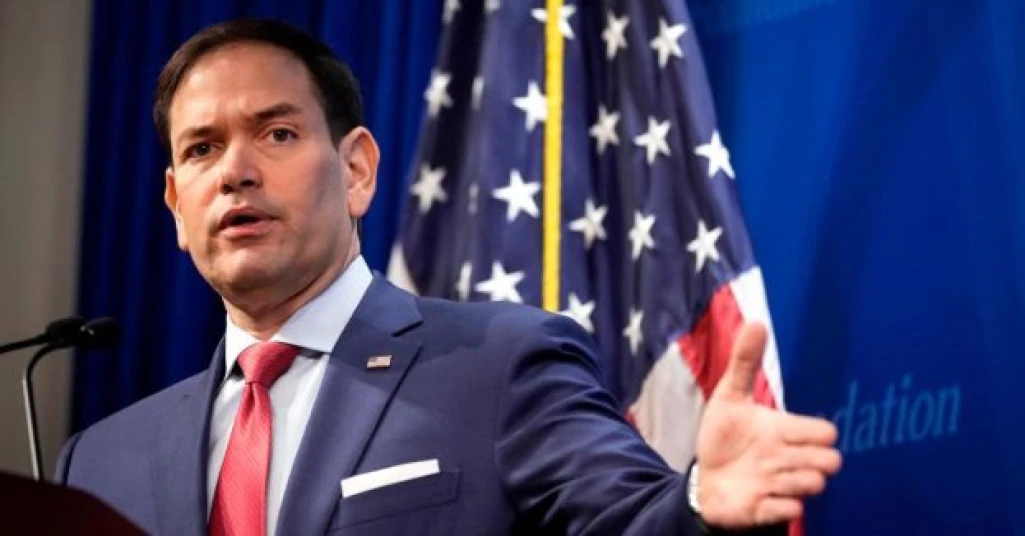
South Sudan is listed among 27 U.S. embassies and consulates the Trump administration plans to close as part of a sweeping overhaul of its diplomatic footprint, according to an internal State Department document obtained by CNN.
The document proposes closing 10 embassies and 17
consulates. The affected locations span Europe, Africa, Asia, and the
Caribbean. Embassies slated for closure include those in Malta, Luxembourg,
Lesotho, the Republic of Congo, the Central African Republic, and South Sudan.
Consulates to be closed include five in France, two in Germany, two in Bosnia
and Herzegovina, and one each in the United Kingdom, South Africa, and South
Korea.
The document also recommends reducing the presence at U.S.
diplomatic missions in Somalia and Iraq—two countries central to U.S.
counterterrorism operations and “resizing” other diplomatic posts.
These proposed changes are part of a broader expected
overhaul of the U.S. diplomatic agency, as the Trump administration, influenced
by the Elon Musk-backed Department of Government Efficiency, pursues
significant cuts to the federal government. It remains unclear whether
Secretary of State Marco Rubio has approved the proposed closures.
The document proposes that the responsibilities of the
closed embassies be taken over by outposts in nearby countries.
When contacted by CNN, State Department Spokesperson Tammy
Bruce declined to comment on the internal document or plans to significantly
reduce the State Department.
“I would suggest that you check with the White House and the
President of the US as they continue to work on their budget plan and what they
submit to congress,” Bruce said. “The kinds of numbers and what we tend to see
is reporting that is early or wrong, based on leaked documents from somewhere
unknown.”
The administration has announced ambassadorial nominees for
only two of the embassies recommended for closure—Malta and Luxembourg.
CNN reported in March that the State Department is moving to
close some of the consulates mentioned in the internal document.
Embassies and consulates are important outposts for the
State Department, providing services like visa processing and assistance for
American citizens abroad. They also gather intelligence to send back to
Washington, DC, and play a key role in U.S. diplomacy, especially in countering
nations like China. Most consulates, however, operate with a small workforce.
The document, attributed to the State Department’s
undersecretary for management, explains that posts were evaluated based on
feedback from regional bureaus and interagency input, consular workload, cost
per U.S. direct hire (USDH) billet, facility conditions, and security ratings.
For the proposed “resizing,” the document says that U.S.
missions in Japan and Canada could serve as models, consolidating consular
support into specialized units at larger posts.
It also proposes establishing "FLEX-style light
footprint posts with limited focus and staffing" in several countries, as
well as "dual-hatted leadership" in multi-mission posts, such as the
U.S. missions to the OECD and UNESCO in Paris.